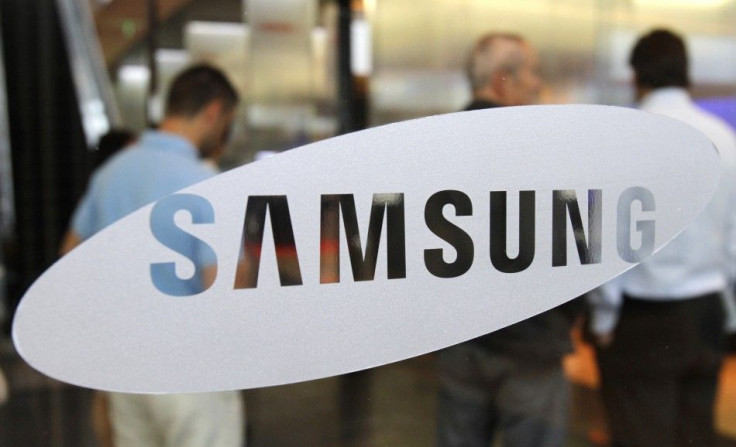Samsung Joins Forces with Intel, Microsoft

Samsung Electronics unveiled on Wednesday software pacts with Intel and Microsoft as the world's No.2 cellphone maker strengthens its mobile software push.
Samsung has quickly become one of the largest smartphone makers globally, helped by its strong offering of devices using Google's Android platform.
Analysts said Wednesday's deals signaled Samsung's aim to lower its exposure to Android following Google's $12.5 billion August acquisition of Motorola Mobility.
The Google Motorola deal certainly gives Samsung some motivation to lessen the dependence on Android, said Matthew Thornton, analyst at Avian Securities.
Microsoft and Samsung signed on Wednesday a new deal for development and marketing of Windows phones, while also agreeing on a wide patent cross-licensing deal. Samsung has also used Microsoft's software in the past.
Earlier on Wednesday two Linux software groups, one backed by Samsung, another by Intel, said they have joined forces to develop a new operating system for cellphones and other devices.
Under the deal, the LiMo Foundation and Linux Foundation are effectively merging their LiMo and Meego mobile operating systems and hope to gain wider industry and consumer support, but analysts said the new Tizen platform is likely to struggle.
It would have to attract wide support from developers and manufacturers to compete with the dozen or so other mobile operating systems available in a smartphone market currently dominated by Apple's in-house software and Google's Linux-based Android.
The best hope for them is that big operators get worried by Android ... and decide to consciously switch their allegiances to rival platforms to restrict Google's huge influence over the mobile market, said analyst Neil Mawston from Strategy Analytics.
Earlier this year Nokia, the biggest phone maker by volume, ditched its own Symbian operating system in favor of Microsoft's Windows Phone software.
Currently Windows Phone has a smartphone market share of 2-3 percent, according to industry analysts, and LiMo and Meego have less than 1 percent apiece, while Android's share is almost 50 percent and still growing.
This (Tizen) is driven by necessity. Linux rivals to Android have failed to gain traction and Samsung needs to reduce its dependence on Google, said Geoff Blaber, an analyst at London-based telecoms industry consultancy CCS Insight.
The world's second-biggest cellphone maker behind Nokia, Samsung is the leading user of the Android platform, which has been one of the reasons for its escalating court-room fight over patents with Apple.
Microsoft said the definitive agreement with Samsung to cross-license the patent portfolios of both companies, provides
broad coverage for each company's products, and it will get royalties for Samsung's devices running the Android platform.
It's probably a win-win. Microsoft is leveraging its patents to get customers while Samsung is looking for ways to lessen its dependence on Android, said Avian's Matthew Thornton.
2012 LINUX STORY
LiMo Foundation and the Linux Foundation said the new Tizen platform is an open-source, standards-based software platform that supports multiple devices including smartphones, tablets, smart TVs, netbooks and in-vehicle 'infotainment' systems.
A spokesman for Samsung said: We've been a core Linux partner ... and this is in line with our strategy of supporting many platforms.
The initial release is planned for the first quarter of 2012, enabling the first devices using Tizen to come to market in mid-2012, the two groups said.
The world's largest semiconductor firm Intel and Samsung Electronics, the second biggest maker of cell phones and one of the key contributors to LiMo, will head the technical steering committee developing Tizen.
Earlier this month Intel and Google launched a development partnership to adapt Android for Intel's Atom processor chips, with a view to having the first Anroid phones featuring Intel chips in the first half of next year.
Linux is the most popular type of free, or open-source, computer operating system which allows the public to use, revise and share. Linux suppliers earn money selling improvements and technical services. (Additional reporting by Sinead Carew in New York and Miyoung Kim in Seoul; Editing by Greg Mahlich and Jon Loades-Carter)
© Copyright Thomson Reuters 2024. All rights reserved.





















